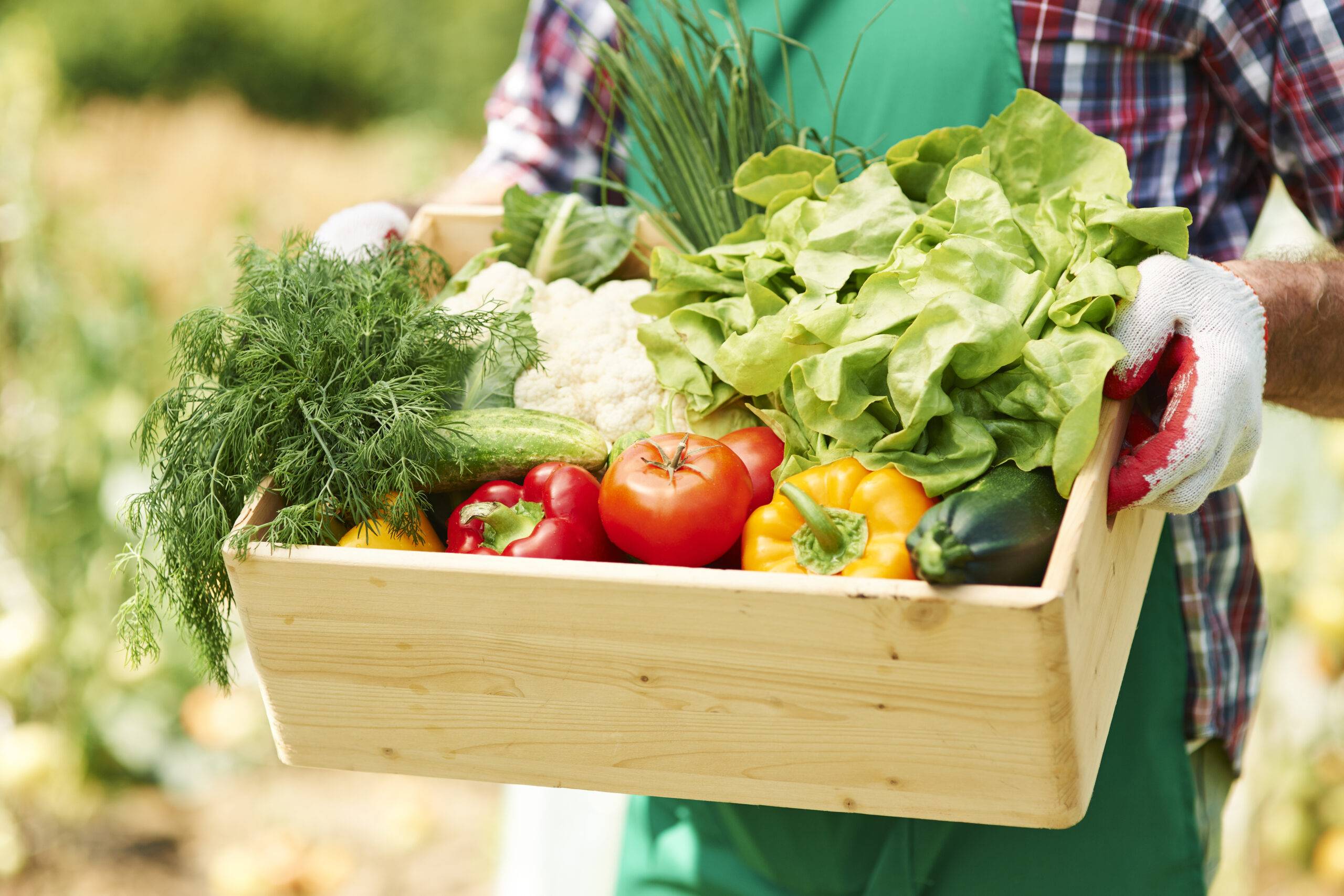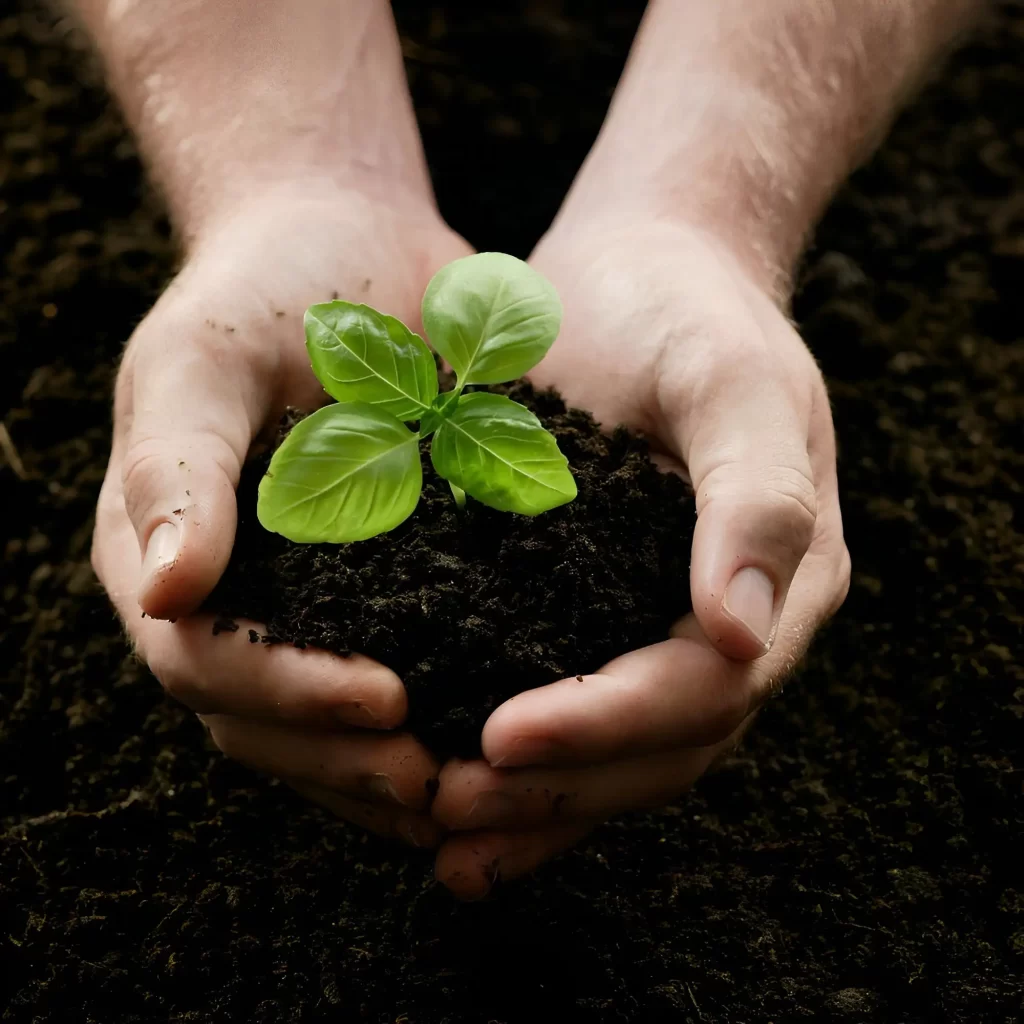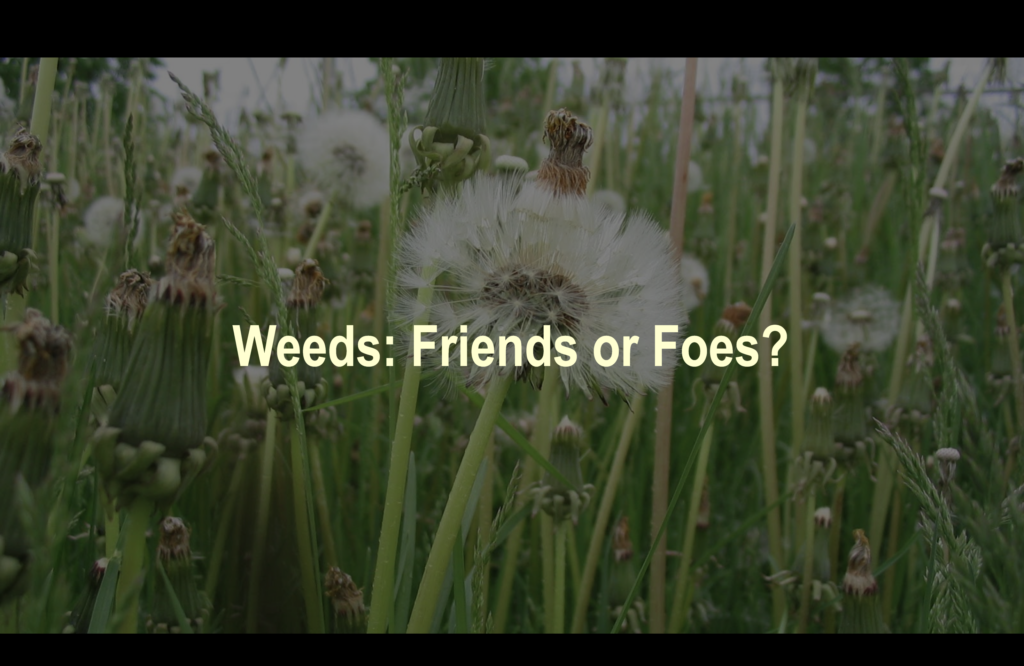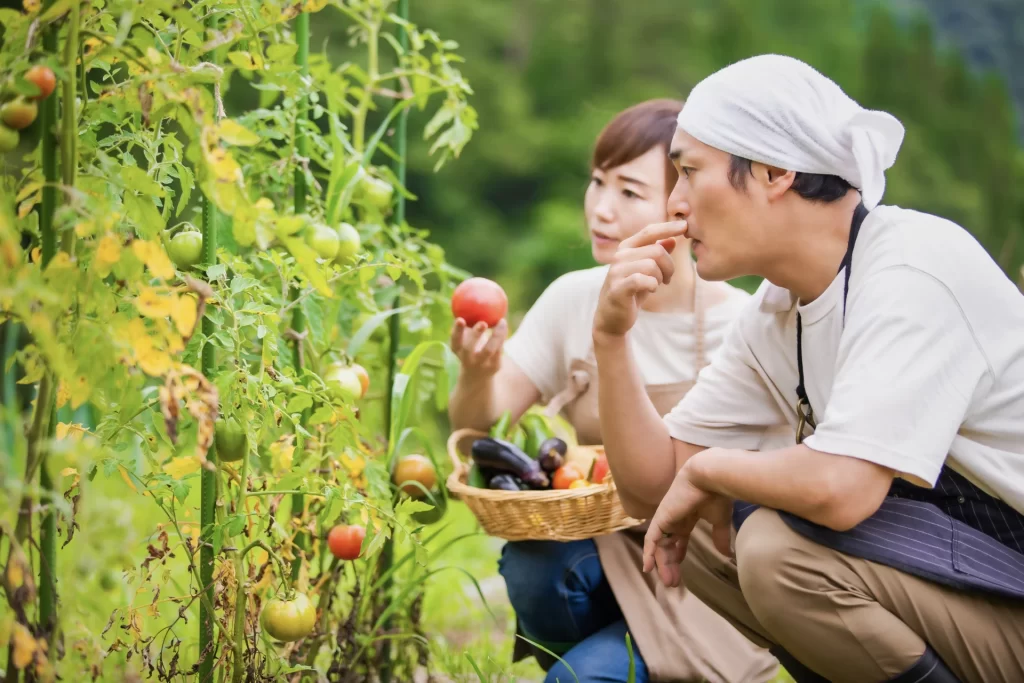Organic farming has a rich and varied history, with roots in many different philosophies and practices around the world. This blog post will explore the development of organic farming, from its origins in Nature Farming and Natural Farming, to modern movements like Permaculture, and Regenerative Agriculture.
Nature Farming and Natural Farming
The concept of farming in harmony with nature has been around for centuries, but it was in the 20th century that these ideas were formalized into distinct philosophies.
Nature Farming, a concept that originated in Japan, was advocated by philosopher and naturalist Okada Mokichi starting in 1931. Okada’s philosophy was rooted in the belief that farming should be conducted without synthetic chemicals, viewing agriculture not just as a means to produce food, but also as a pathway to improve human health, safeguard the environment, and foster a more equitable society. Known by various names such as MOA Nature Farming, Shumei Natural Agriculture, and more commonly as Kyusei Nature Farming, this approach is now practiced globally.
A key feature of Nature Farming is its emphasis on sustainability and the enhancement of soil power through the use of microorganisms. Kyusei Nature Farming, in particular, underscores the use of Effective Microorganisms (EM) to boost soil health, thereby promoting a more balanced and productive ecosystem. Today, the International Nature Farming Research Center refers to Kyusei Nature Farming simply as Nature Farming, highlighting its global relevance and application.
Natural Farming, on the other hand, is a term often associated with the work of Fukuoka Masanobu, another Japanese farmer and philosopher. Fukuoka’s approach, sometimes referred to as “Do-Nothing Farming,” emphasizes minimal intervention, allowing nature to take its course. His method is a closed system that mimics nature, demands no human-supplied inputs, and encourages the biodiversity of each farmed area to thrive along with food plants.
While the terms “Nature Farming” and “Natural Farming” are sometimes used interchangeably, they represent different philosophies and practices. Both, however, share a common thread of respect for nature and a commitment to sustainable and ecologically sound farming practices.
Organic Farming
In the United States, Organic Farming is a term defined by the United States Department of Agriculture (USDA). It refers to a farming methodology that shuns the use of synthetic fertilizers and pesticides, and instead, focuses on practices that foster the cycling of resources, enhance soil health, conserve biodiversity, and promote ecological balance. The USDA Organic label, a testament to these practices, signifies that the product has been produced through approved methods that align with these principles.
The Rodale Institute, a non-profit organization founded by J.I. Rodale in 1947, has been a pivotal force in the development and promotion of organic farming in the U.S. The institute conducts long-term, side-by-side research trials comparing organic and conventional agriculture, with its longest-running experiment, the Farming Systems Trial, in operation since 1981.
Advocating for a holistic, whole-systems approach to agriculture, the Rodale Institute collaborates with farmers, agricultural scientists, and policy-makers nationwide to shape policy, promote regenerative organic farming opportunities, and expand the benefits of organic agriculture.
Biodynamic Agriculture
Biodynamic Agriculture is a form of alternative farming that was developed in 1924 by Rudolf Steiner, based on esoteric and pseudo-scientific concepts. Esoteric concepts refer to ideas that are intended for or likely to be understood by only a small number of people with specialized knowledge or interest, often involving theories of the cosmos and natural phenomena. Pseudo-scientific refers to beliefs or practices that are presented as being scientific, but which do not adhere to the scientific method, lack supporting evidence or plausibility, or otherwise lack scientific status.
In the context of biodynamic agriculture, these concepts manifest in practices such as the use of specific preparations made from fermented manure, herbs, and minerals, and the consideration of celestial and seasonal rhythms in farming activities. Biodynamic farms seek to minimize the import of materials from outside the farm and instead use what is produced within the farm to meet its needs.
Permaculture
Permaculture is a system of agricultural and social design principles that aim to mimic the patterns and features observed in natural ecosystems. Developed by David Holmgren and Bill Mollison in the 1970s, it promotes sustainable and self-sufficient agricultural practices. Permaculture encompasses a range of disciplines, including organic farming, agroforestry, and community resilience.
Fukuoka Masanobu, a Japanese farmer and philosopher, greatly influenced permaculture with his philosophy of “do-nothing farming,” which advocates for minimal intervention in farming processes. Despite its diverse practices and principles, permaculture’s core focus is on the harmonious integration of the landscape, people, and sustainable ways of living.
Regenerative Agriculture
Regenerative Agriculture, as a formalized system, began to take shape in the late 20th century, although its practices draw on much older indigenous wisdom. It is a holistic, systems-based approach to farming that aims to enhance biodiversity, improve the water cycle, and strengthen soil health. The approach focuses on topsoil regeneration and carbon sequestration, using practices that align with natural systems. Key principles include minimizing soil disturbance, maintaining a living root system, providing soil cover, integrating animals, and enhancing biodiversity. This approach not only seeks to halt ecosystem damage but also to actively improve it, while continuing to produce food, fiber, and fuels. Recognizing that our treatment of nature profoundly affects our society and planet, regenerative agriculture aims to create an abundant future.
In conclusion, the history of organic farming is a rich tapestry of ideas and practices, all aimed at creating a more sustainable and harmonious relationship between humans and the land. From the philosophies of Nature Farming and Natural Farming, to the practices of Biodynamic farming, Permaculture, and Regenerative Agriculture, these movements all share a common goal: to nourish the earth that nourishes us.






